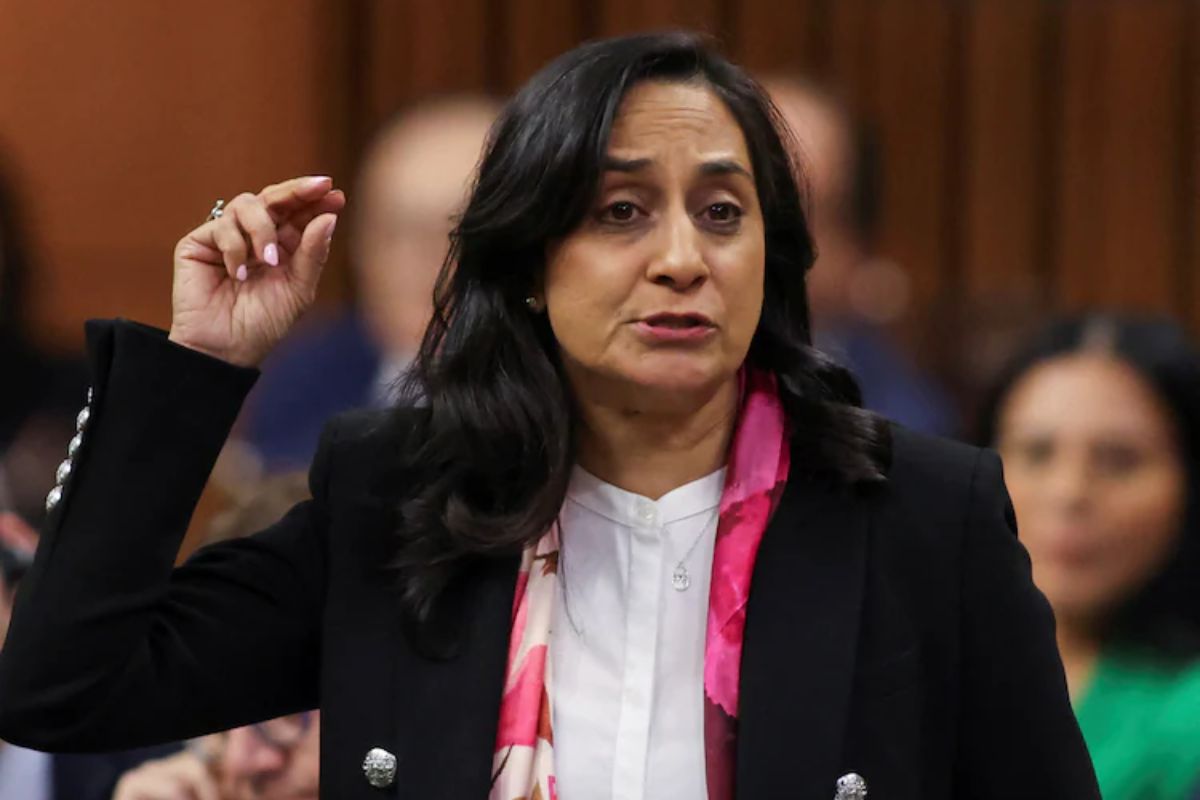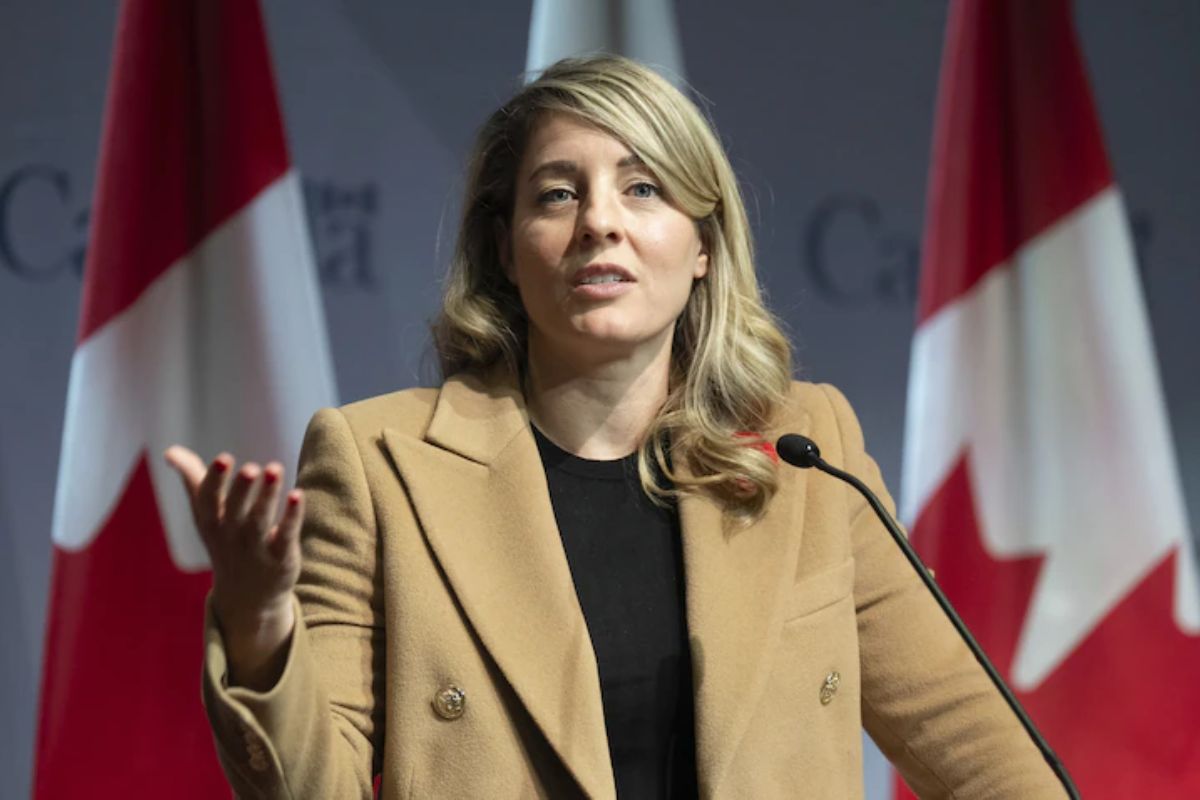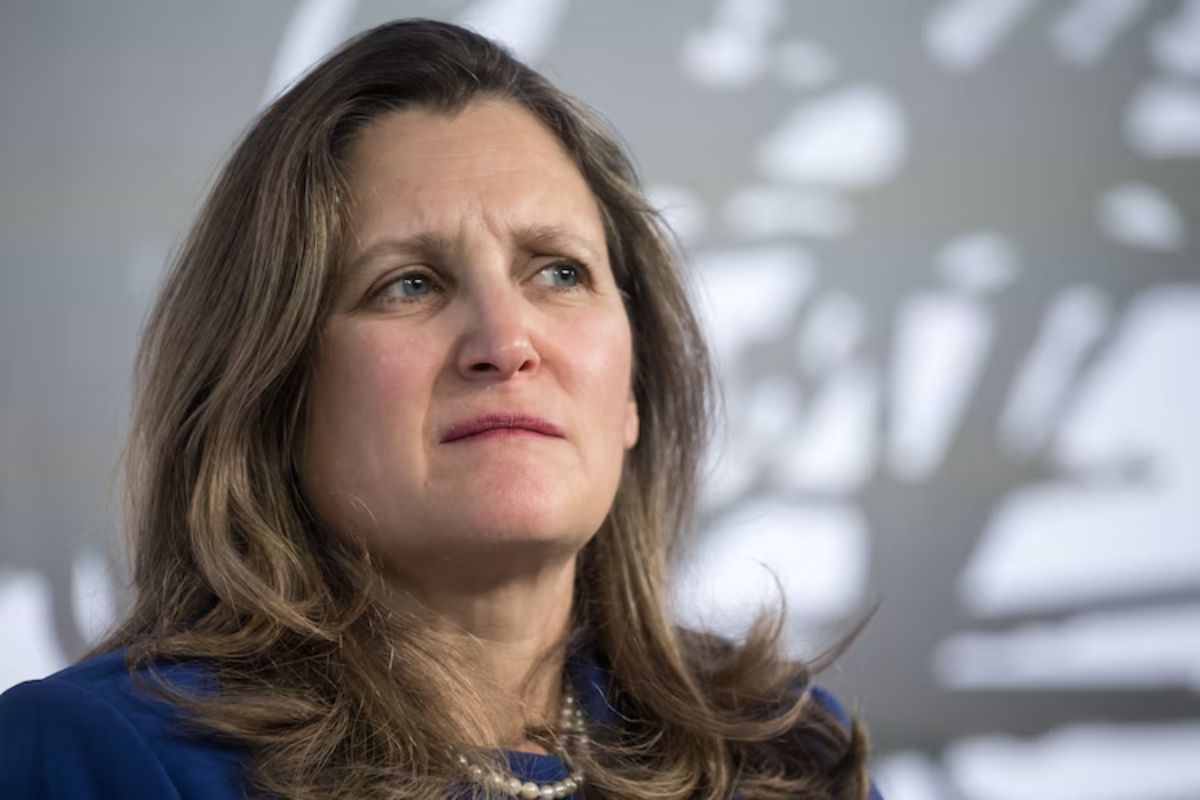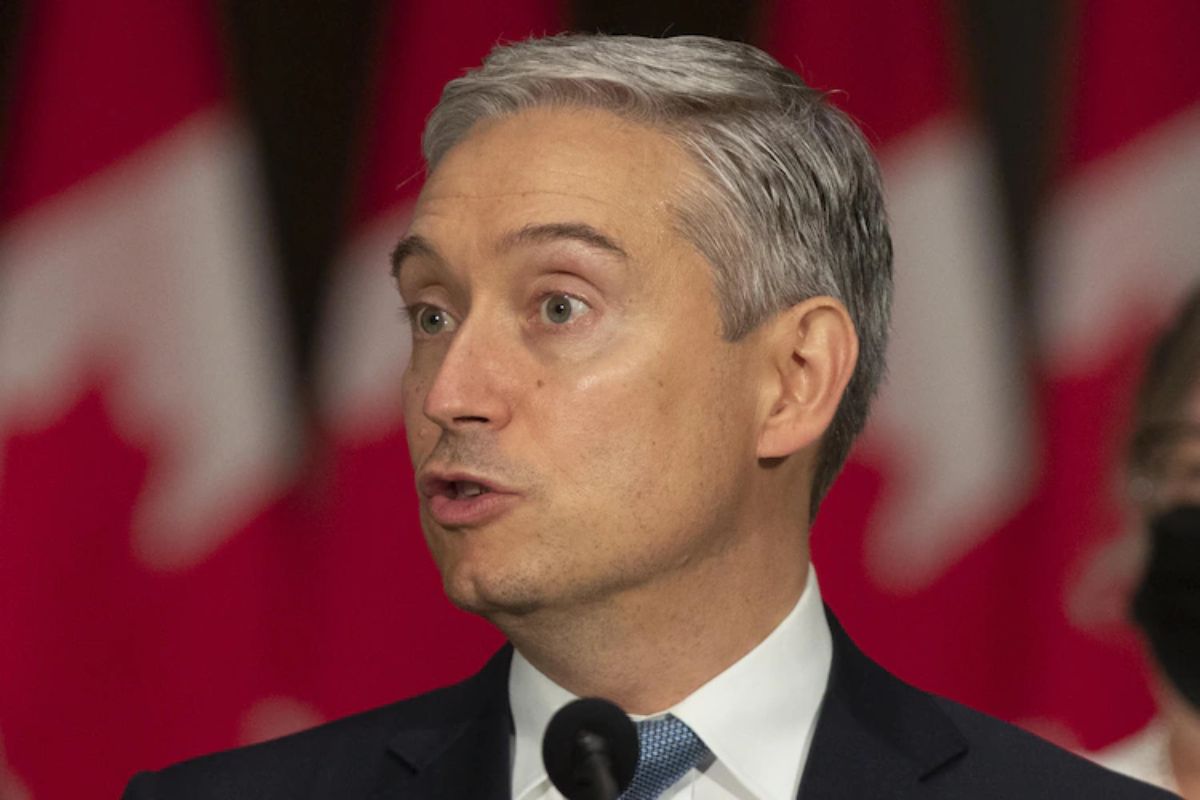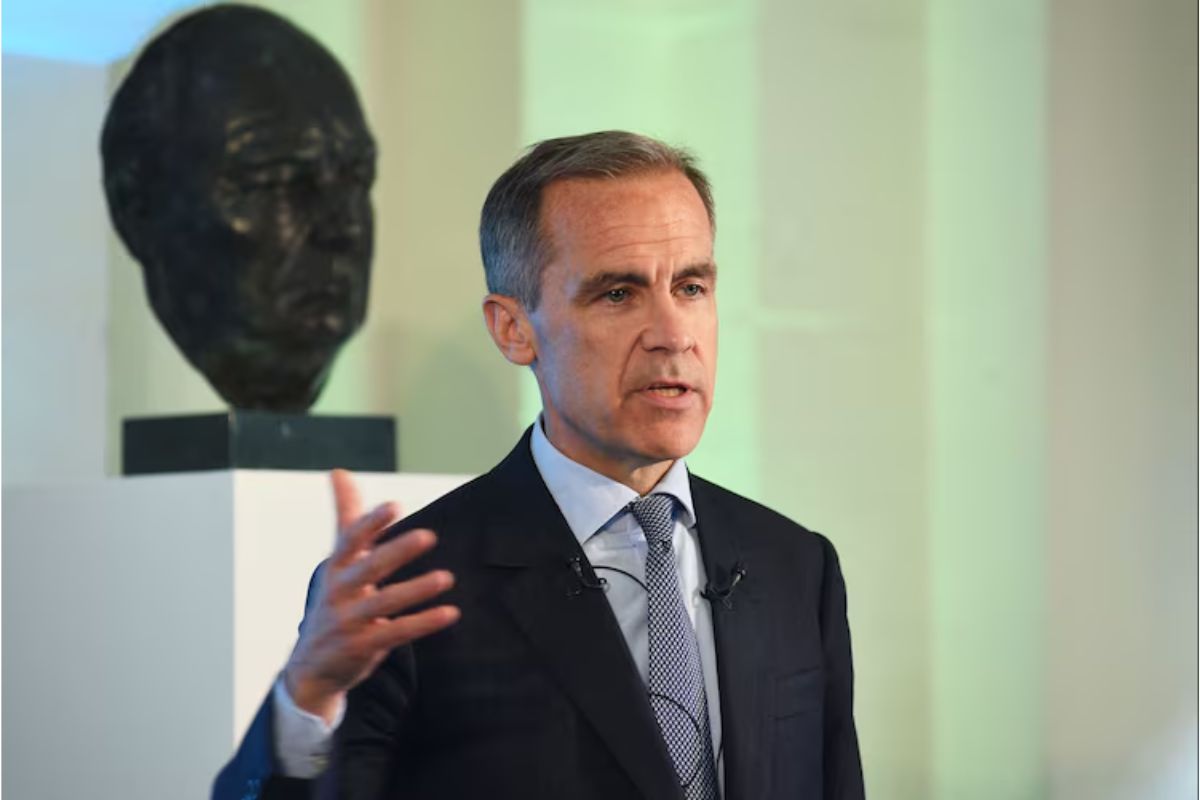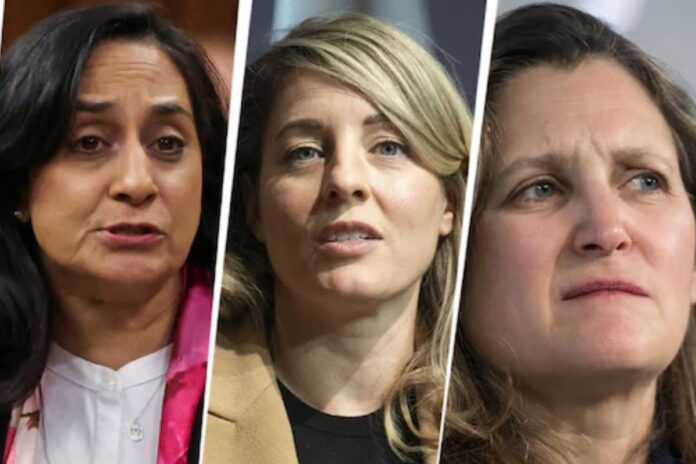
Canada PM successor discussions have dominated headlines after Justin Trudeau announced his resignation. Trudeau, who has faced growing internal pressure and criticism, declared his intent to step down as Prime Minister and leader of the ruling Liberal Party. However, he confirmed he would remain in office until the party elects a new leader. The transition must occur by March 24, 2025, aligning with the suspension of the Canadian parliament until the same date.
Trudeau’s resignation has set the stage for a fierce leadership race within the Liberal Party. The incoming leader will not only take over the party’s reins but also prepare to face the general elections later this year. Early polling suggests a tough battle ahead for the Liberals, with opposition parties poised to capitalize on public discontent.
The leadership race has already highlighted several prominent candidates, each bringing unique qualities and political acumen. Let’s take a closer look at the top contenders vying for the role.
Anita Anand: A Standout Choice For Canada PM Successor
Indian-origin Transport Minister Anita Anand has emerged as one of the leading contenders to succeed Trudeau. Born to a Tamil father and Punjabi mother, Anand’s multicultural background and academic credentials make her a compelling candidate. An Oxford-educated lawyer and academic, Anand transitioned to federal politics in 2019 when she was elected as the Member of Parliament for Oakville.
Since joining Trudeau’s Cabinet, Anand has held several high-profile portfolios. As Minister of Public Services and Procurement (2019–2021), she led Canada’s efforts to secure COVID-19 vaccines, showcasing her ability to navigate crises effectively. She later served as Defence Minister (2021–2023), where she played a pivotal role in Canada’s support for Ukraine amid its war with Russia. Her strategic leadership earned her recognition both domestically and internationally.
In her current role as Transport Minister, Anand continues to demonstrate her versatility and capability. Her diverse experience across multiple ministries positions her as a strong candidate to lead the Liberal Party into the next chapter.
Melanie Joly: A Trusted Trudeau Ally
Another prominent name in the race is Foreign Minister Melanie Joly. Known for her close relationship with Trudeau, Joly has been a key figure in the Liberal Party since 2015. An Oxford-educated lawyer, she was personally tapped by Trudeau to enter federal politics.
Joly has held several Cabinet positions, including Heritage and Economic Development, before being appointed as Foreign Minister in 2021. In this role, she has spearheaded Canada’s international diplomacy efforts. Her visits to Ukraine during the Russia-Ukraine war and her involvement in evacuating Canadian citizens during the Israel-Hamas conflict in 2023 demonstrate her crisis management skills.
At 45, Joly’s youth, coupled with her extensive political experience, makes her a compelling choice for the leadership. Her ability to connect with both domestic and international audiences strengthens her candidacy.
Chrystia Freeland: The Resigned Powerhouse
Chrystia Freeland, a seasoned political leader and long-time Trudeau ally, surprised many when she resigned as Deputy Prime Minister and Finance Minister in December 2024. Her resignation followed Trudeau’s attempt to reassign her to another department, a move she publicly opposed in her resignation letter.
Freeland’s political journey began in 2013 when she entered the House of Commons. She joined Trudeau’s Cabinet in 2015 as Minister of International Trade and quickly rose to prominence. Her expertise in economic policy, combined with her background as a journalist, has earned her respect across party lines.
While her resignation may seem to signal a departure from active politics, her leadership qualities and experience make her a potential contender for the top job. Chrystia Freeland’s independence and economic acumen could appeal to party members seeking a shift in direction.
Francois-Philippe Champagne: The Pragmatic Diplomat
Francois-Philippe Champagne, the Minister of Innovation, Science, and Industry, is another key contender in the leadership race. First elected in 2015, Champagne has held several important Cabinet roles, including Minister of Foreign Affairs and Minister of International Trade. His diplomatic acumen and economic expertise have made him a trusted figure within the Liberal Party.
Champagne’s collaborative approach to governance and his focus on innovation and economic development resonate with the party’s core values. His ability to manage complex negotiations and foster international partnerships could be instrumental in guiding the party through the upcoming elections.
Mark Carney: The Economic Visionary
Mark Carney, the former Governor of the Bank of Canada and the Bank of England, has emerged as a wildcard candidate in the leadership race. A Harvard graduate with a stellar reputation in economic circles, Carney has advised Trudeau on various policy matters in recent years.
Although he has never held elected office, Carney’s deep understanding of economic policy and his role as the UN Special Envoy on Climate Action give him a unique edge. His advocacy for Liberal policies, such as the federal carbon tax, aligns with the party’s progressive stance, though it has drawn criticism from conservative circles.
Carney’s entry into the leadership race would bring a focus on economic stability and innovation, appealing to voters seeking a technocratic approach to governance.
With the March 24 deadline looming, the Liberal Party faces a critical decision in choosing Justin Trudeau’s successor. Each contender brings distinct strengths and perspectives, offering the party a range of options to navigate its challenges and chart a path forward. The leadership race promises to shape Canada’s political landscape and determine the country’s trajectory for years to come.

